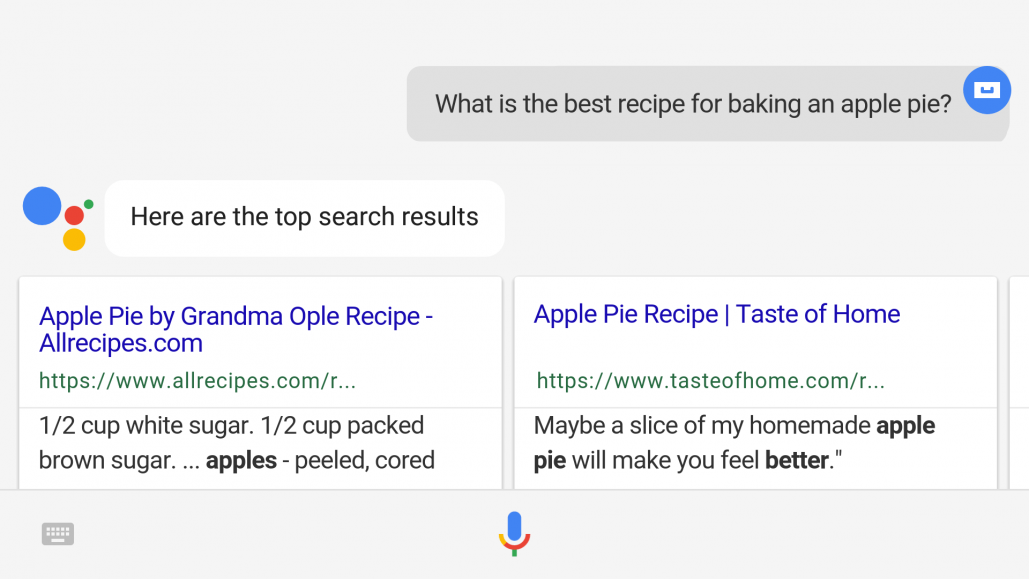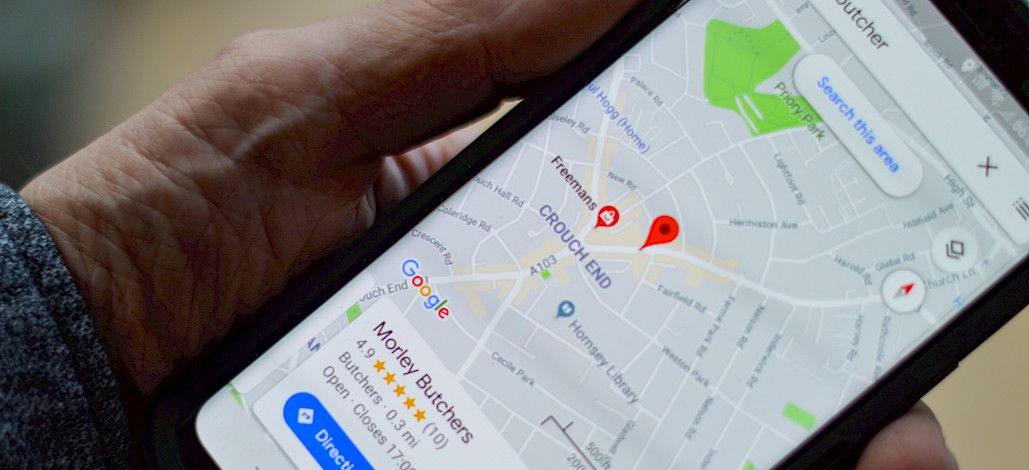Informative
Industry Update
The Rise of Voice Searches Pt. 2: Content Marketing
June 3, 2019
Industry Update
June 3, 2019
In our previous blog, we’ve discussed some of the basics of voice searches and why you shouldn’t underestimate this new trend. As you can imagine, this development is changing the way consumers are searching and finding information online, but how is this impacting content marketing? Here are some of the things you’ll need to know when it comes to voice searches and content marketing!
Let’s start off with some interesting facts that will help you see why Voice Search are something to consider for your next content marketing campaign. As we mentioned in our last post, the number of people using Voice Search is currently growing and expected to take up around 50% of all searches by 2020.
Not only do people enjoy using voice commands to do various tasks throughout the day just because it’s easy, but it also saves them a lot of time as well! Though we can ‘only’ type 40 words per minute, Voice Search would allow us to be 3.7x faster. When looking at search queries made by voice, it is clear that there is a very apparent difference as well.
Let’s say you want to bake an apple pie for your birthday party.
You go to the store to get all the ingredients you’ll need and just to be sure you’re getting the right things, you’ll probably type something like: ‘best apple pie recipe’. A list of results appear and after checking some out, you decided to go with one.
Now, when using Voice Search, it has been found that people use longer search queries in the form of question phrases. Instead of the last example, they might say something like: ‘What ingredients do I need to bake an apple pie?’ or ‘What is the best recipe for baking an apple pie?’.
The results for this Voice Search may look something like this on a mobile device:

For B2C businesses, it is obvious why Voice Search should be an important part of their strategies. According to a study done by Emarketer, more than 80% of US B2C marketers expect digital assistants to influence their marketing campaigns.
Just like regular searches, most consumers use Voice Search just to get some additional information on various subjects, but lots of Voice Search are also focussed on finding local businesses search as grocery stores (41%), restaurants (51%) or clothing stores (32%).

If you think that Voice Search is not as relevant or important to B2B, you’d be wrong! Research done by Stone Temple revealed that nearly 50% of people use Voice Search in their work offices by themselves, whereas around 45% of users claimed to use Voice Search in the office with other colleagues around.
This is a good indication that companies pursuing a B2B model, should also avoid staying behind on this development.
Now that we have seen some of the causes why Voice Search will change content marketing, let’s find out what the effects will be!
As quickly mentioned before, people tend to use longer and more specific search queries in the form of question phrases. This means that it will be harder for your content to exactly match the phrases used in the request. When using voice to do searches, only one result is usually provided either as a voice response or on top of all of the list of all results. Backlinko found that websites that have a strong link authority are more likely to perform better in voice searches.
As search queries are becoming more specific, short and concrete answers are looked for as a response. Backlinko also found that most results only consisted of 29 words on average. This would mean that more focus should now be placed on precisely answering questions people may have about certain topics.
These are only a few of the content marketing elements that may be affected by Voice Search, but as this development is continuing to grow, many more changes are expected to come up!
Now that we’ve gone over some of the things in relation to Voice Search and content marketing, it’s easier to see why businesses should get involved as soon as possible. In the next and last part of this series about Voice Search, we’ll be going over some of the influences of Voice Search on digital advertising! What are the facts you definitely need to know and how will it change the landscape of digital advertising for businesses?
Stay tuned and find out next week!
What are some of the changes you’ll be making to ensure your content is ready for Voice Search? We’d love to hear it! Let us know in the comments below!